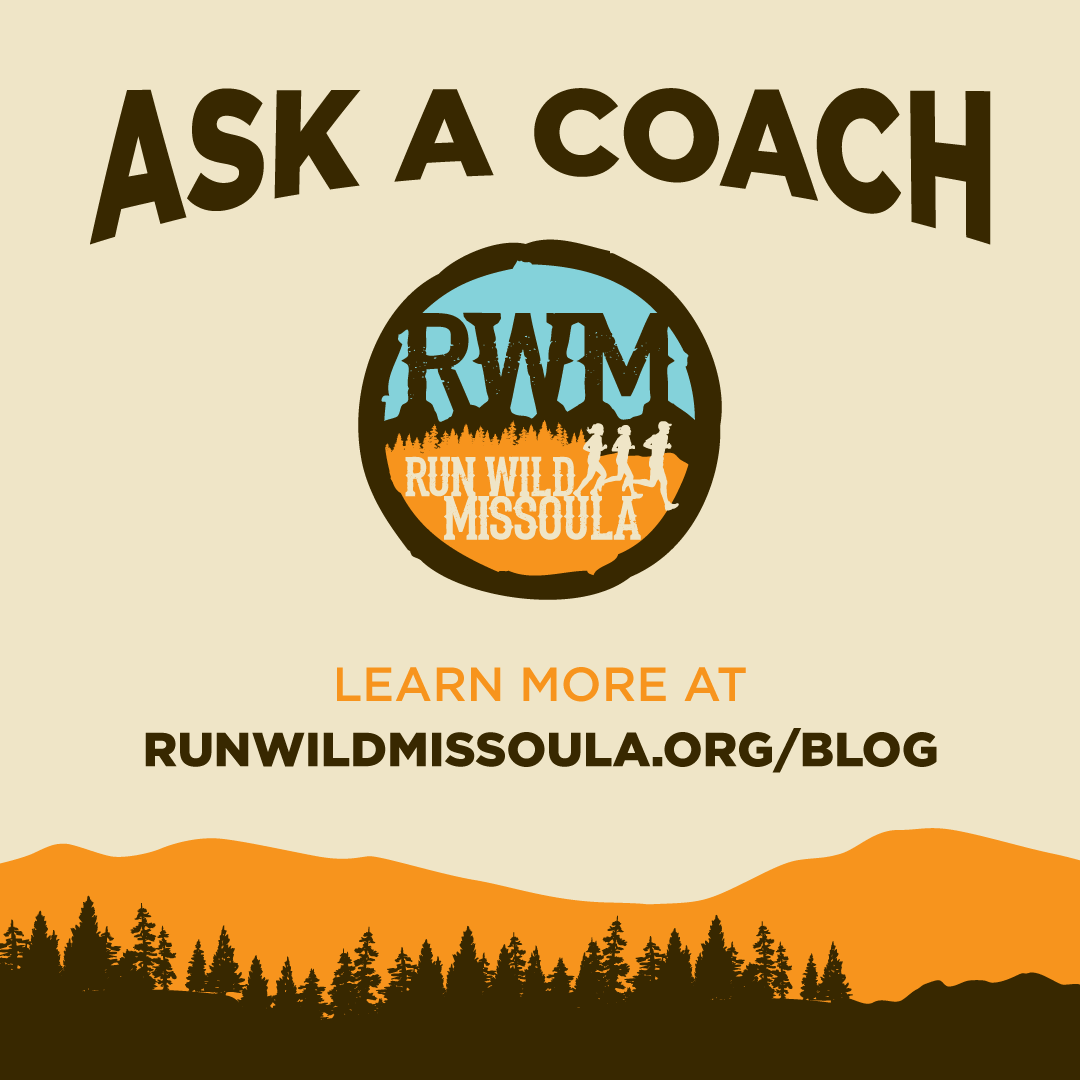
Q: “How much does weight really affect your pace?”

A: From Julie McCloskey, RHN, Wild & Well
Physiologically speaking, and looking solely at the overweight/obese population, this is not a super tough question. But since we are more than just a moving mass of bones and tissue, I have to both carefully consider the population who is in a normal weight range, and more importantly, the psychological piece to this question.
Perhaps viewing this question as a potential trigger for the creation of a detrimental habit is an overreaction on my end — maybe it’s just a casual question stemming from curiosity. BUT I’ve worked with a lot of athletes on their health and nutrition — and even the most nonchalant “Oh I eat whatever, I don’t care, food is fuel! I love beer and pizza and have no guilt ever” runners have a much more layered relationship with food and bodyweight than they let off. So with that experience, and knowing that when runners hear one piece of advice they multiply it by 10 — I need to answer this question thoughtfully, but will also try to provide an answer.
Will losing weight make you faster? It depends. Are you a runner who is above a medically advisable weight? Then probably. Are you a runner who is constantly trying to “lose those last 3 pounds”? Then no.
After taking a compassionate look at yourself, and you feel you need and want to lose some pounds, here’s a study that shows a decrease in V02max (a lower V02 max means your body is taking in less oxygen to deliver to your muscles which equals you running slower for a given effort) when weight was added to runners. Summary: when weight was added to runners they ran slower.
If, after taking that compassionate look at yourself and you conclude that your body is healthy and strong and performing well where it is, then don’t read the study. Continue to eat local and nourishing whole foods in accordance to your output (and then some!), and adjust your nutrition according to your training cycle, season, and phase of life.
Pounds shouldn’t be looked upon as dead weight. Muscle in the appropriate areas is known to improve performance and if you have too little fat mass for your body, your health (bone mass, metabolism, hormonal balance, cognition, fertility and fine I’ll stop here.) will suffer greatly and slow you down considerably. On the other end of that, excess fat mass will certainly increase your chance at metabolic, cardiovascular, and hormonal disorders that will also slow you down considerably. That’s why it depends. The best thing you can do for yourself is to think about your health first and foremost. When a majority of your daily choices support strong and steady health, your weight and running will follow suit.
As a Holistic Nutrition Coach, I’d like to end with a tidbit about stress. A major key to performing and recovering well is less about extra pounds and more about your body’s perceived level of stress. If your body feels safe and cared for — meaning you have your nutrition, hydration, sleep, stress, recovery, community, and workouts all “loosely dialed” — then you will continue to see the benefits in your running. You’ll hit your body’s ideal race weight (and know it!) once you get all these foundational pillars (again, “loosely” – strict rules need not apply here) figured out. Oh, and it must be fun. If it’s not fun, and you’re not getting paid to run, you may want to rethink your hobbies!
Julie is a Holistic Nutrition Coach who works 1 on 1 with athletes to help improve performance and overall quality of wellbeing. Holistic meaning “looking at the whole person” — we look for the root cause of your symptoms and address it with personalized recommendations in the areas of diet, sleep, stress management, exercise, and my favorite, habit change techniques.
Website – www.wildandwell.fit
Instagram – @_wildandwell
 runwildmissoula.org >>
runwildmissoula.org >>